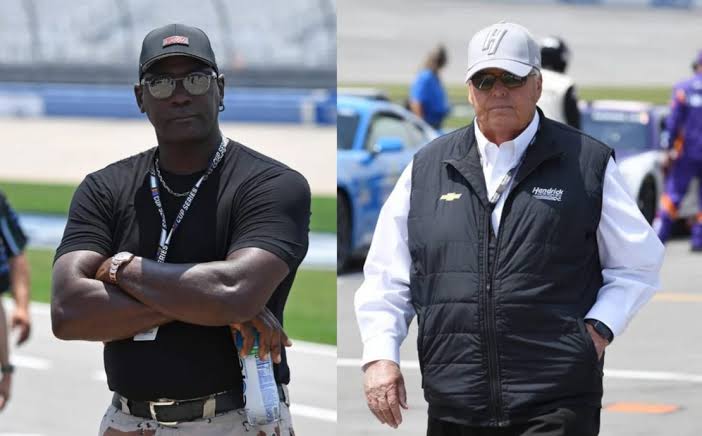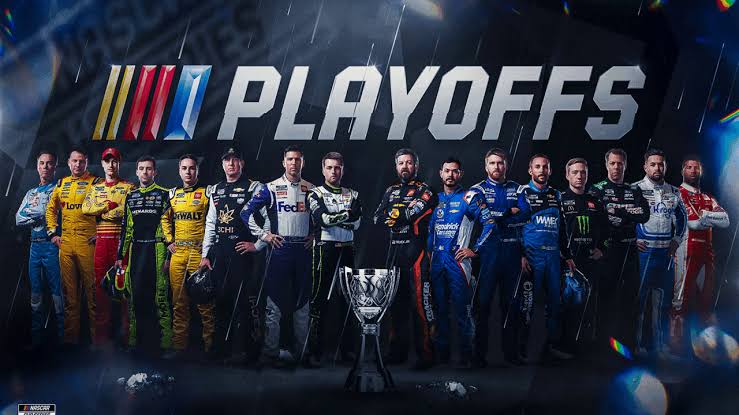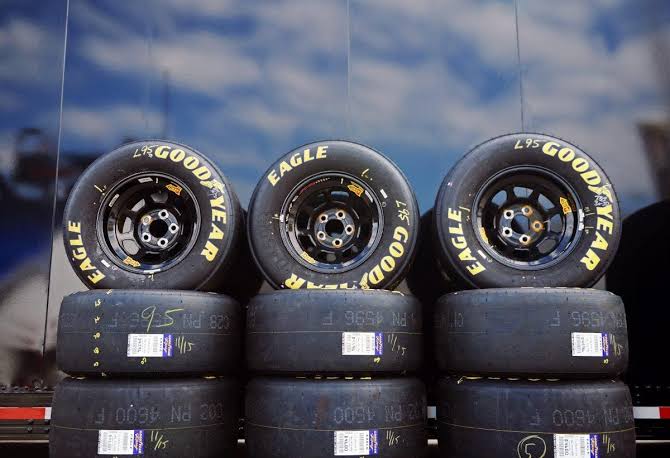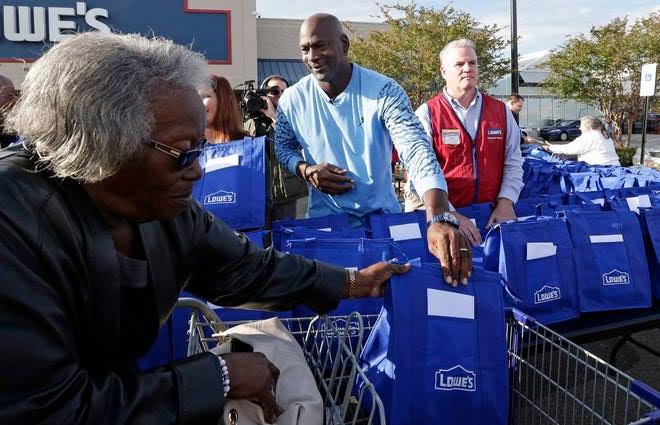The alignment of all teams is crucial for NASCAR to reach its full potential, as Curtis Polk of 23XI Racing emphasized. However, this vision of unity faced a setback last week when 13 out of 15 teams agreed to the new charter deal, leaving only 23XI Racing and Front Row Motorsports as holdouts. Both teams have specific goals they hope to achieve through their resistance, and if they succeed, Rick Hendrick, the owner of NASCAR’s most successful Cup Series team, is keen to benefit from any potential rewards.
After signing the new charter deal, Rick Hendrick expressed his fatigue from a prolonged negotiation process. Hendrick, who has led his team to 14 championships, had grown weary of the drawn-out discussions but remained hopeful about the benefits of Michael Jordan’s passionate advocacy for the team. Hendrick’s patience was tested, but he agreed to the deal, largely influenced by the pressure and the historical significance of his team’s longstanding association with the charter system.
The Race Team Alliance (RTA) had laid out several critical goals aimed at securing the sport’s future. A key concern was the 2016 economic model, which projected a $200 million loss for teams over five years if no changes were made. Despite indications that NASCAR might have addressed media revenue concerns, other significant issues remained unresolved. One such issue was the push for permanent charters, which could attract external investors and mitigate the high costs associated with the Next-Gen car. However, when NASCAR imposed a tight six-hour deadline for teams to sign the new charter deal, Hendrick chose to sign, partly due to the enduring legacy of his 40-year association with the charter system.
Hendrick’s decision also stemmed from his belief that if NASCAR made any concessions to 23XI Racing and Front Row Motorsports, it would set a precedent affecting all teams. As NASCAR analyst Eric Estepp noted, Hendrick felt that any changes benefiting the holdout teams would be unfair to those who signed under pressure.
Should NASCAR yield to the demands of 23XI Racing and Front Row Motorsports, it could result in broader changes affecting the sport. While the increase in media revenue was a positive outcome, it came with trade-offs, such as more stringent driver appearance requirements and a cut in charter sales. The call for permanent charters was dismissed by NASCAR, leading to further dissatisfaction among teams.
Despite these challenges, 23XI Racing remains committed to their goals. Curtis Polk, co-owner of 23XI Racing, reassured Hendrick that their stance was not intended to undermine NASCAR or other stakeholders. Polk highlighted that their aim was to benefit the entire sport rather than to gain an advantage at others’ expense. He emphasized that the team’s resistance was based on the terms of the contract that they felt were unfavorable and that they were open to constructive discussions to address these issues.
The situation remained tense as the deadline approached, with some teams feeling as though they were coerced into signing the deal. At the Darlington race, Polk made a public statement by wearing a shirt that read: “Please don’t ask me about my charter. I don’t want to disparage NASCAR and lose it.” This gesture underscored the sensitive nature of the negotiations and the pressure felt by teams.
23XI Racing, despite facing considerable pressure, is focused on finding a fair resolution that strengthens the sport. Their official statement reiterated their interest in constructive dialogue with NASCAR to resolve outstanding issues and ensure a beneficial outcome for all involved. As the deadline passed, both 23XI Racing and Front Row Motorsports faced an uncertain future, with their requests for modifications to the charter deal still unresolved.
In summary, the negotiation process has exposed deep divides within NASCAR, with key teams like 23XI Racing and Front Row Motorsports pushing for changes while others, including Rick Hendrick’s team, have opted to accept the deal under duress. The resolution of these issues will be crucial in determining the future dynamics of the sport and ensuring its long-term health and competitiveness.
Shocking: Rick Hendrick Reveals Potential Profits for Michael Jordan’s Team if They Win, Challenges NASCAR to Step Up




